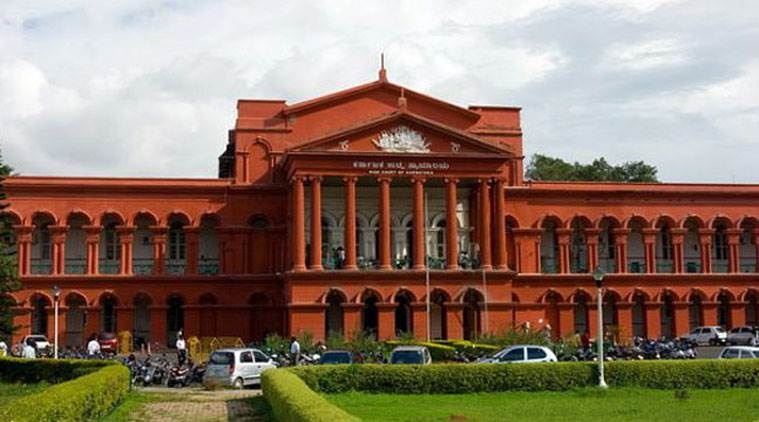
The Indian Express
Karnataka HC questions policy to choose migrants for trains
Hearing a PIL on the plight of migrant workers in the state on Thursday, a division bench of the Karnataka High Court, comprising Chief Justice Abhay Sreenivas Oka and Justice B V Nagaratha, remarked that there was no clear and transparent “policy” by which passengers were being picked.
by Johnson TAWith less than one third of over nine lakh migrant workers and their families — who have registered on Karnataka’s Seva Sindhu website — being transported on Shramik Special trains from Karnataka since May 3, the High Court has questioned the state government’s policy of choosing who travels on a particular train, to a specific destination.
Hearing a PIL on the plight of migrant workers in the state on Thursday, a division bench of the Karnataka High Court, comprising Chief Justice Abhay Sreenivas Oka and Justice B V Nagaratha, remarked that there was no clear and transparent “policy” by which passengers were being picked.
The state government has reported that 9,13,742 people had registered on the state’s Seva Sindhu portal to go home, of whom, 2,56,000 people had been transported till May 27 on 177 trains from Karnataka.
“The process of transporting migrant workers and their family members by Shramik special trains has commenced in the State of Karnataka from May 3, 2020. Between May 3 and yesterday (May 27), 2,56,000 persons have been transported — which is even less than one third of the total number of migrant workers/their family members who have been registered on Seva Sindhu website,” the bench noted.
“We are conscious of the fact that the state is required to deal with more than 9,00,000 such persons who wish to go back to their respective states. However, there is no policy in place which can be said to be fair and transparent for selecting the migrant workers to travel by a particular train to a particular destination,” the high court division bench said.
“Though several orders have been passed by this court from time-to-time, as of today, the state has not placed on record any transparent and rational policy for selecting persons out of those who registered on Seva Sindhu website, for being transported by a particular Shramik special train. It is not placed on record in what manner the persons registered on the website are chosen…” the court said.
Referring to data placed in the court, the division bench said that among those who returned on the Shramik Special trains, there were 1,20,507 migrants identified by the state police, from 736 migrant camps across Bengaluru.
“It is not clear whether these 1,20,507 migrant workers were registered on the Seva Sindhu website. Even assuming that they were registered, it is not clarified by the state government why they were given out-of-turn priority for returning to their respective states,” the court observed.
The bench also questioned the failure of the state government to communicate an assurance to migrants waiting to return home that the state intends to facilitate their journeys.
It also questioned the rationale of the state government behind sending SMS messages to 8,33,667 registered migrant workers asking whether they want to go home, and then reporting that only around 55,464 people still want to go back.
“Perhaps, the state wants to defend this peculiar action by pointing out that two Shramik trains which originated from Karnataka to Uttar Pradesh prior to May 26, 2020 had some vacant seats,” the order said before pointing out that data placed on record in the court showed 5,179 persons had expressed the intent to travel back to Uttar Pradesh via SMS.
“Prima facie, we are of the view that this exercise undertaken by the state of seeking confirmation from the migrant workers in a complicated manner appears to be an exercise to exclude large number of persons who have already registered themselves on Seva Sindhu website to go back to their respective states,” the bench said.
In the course of the hearing, the Central government told the court it would continue Shramik Special train services beyond May 31 if the state government requests the Indian Railways.